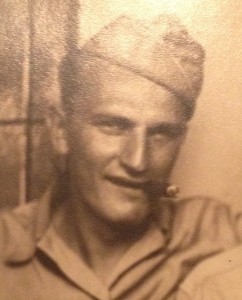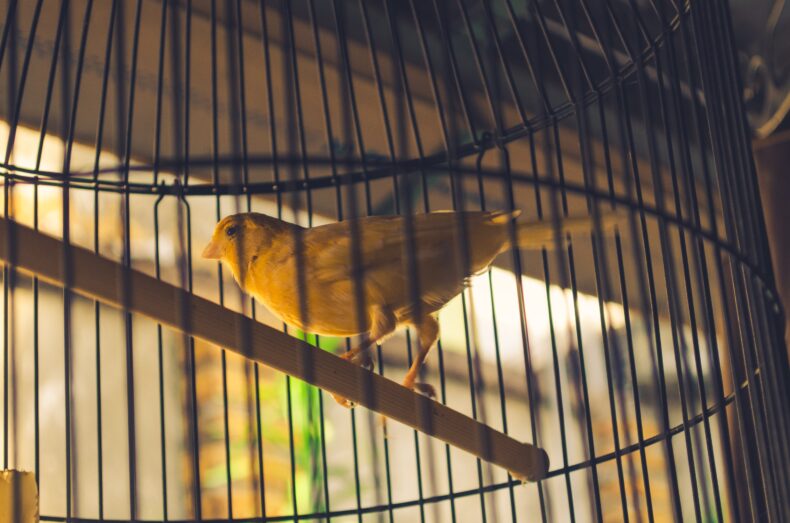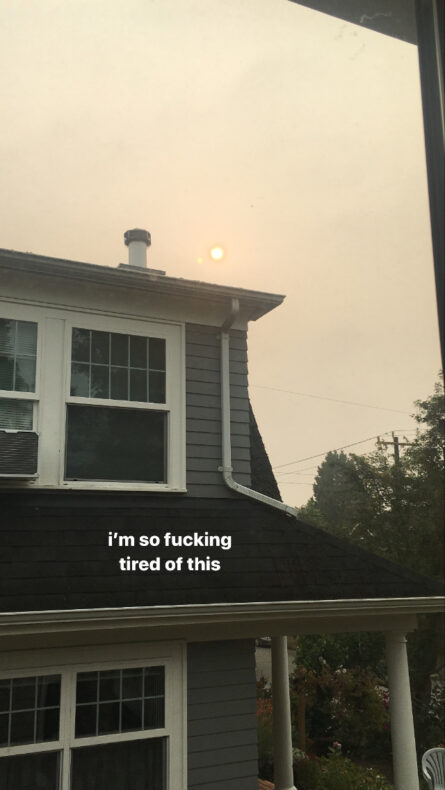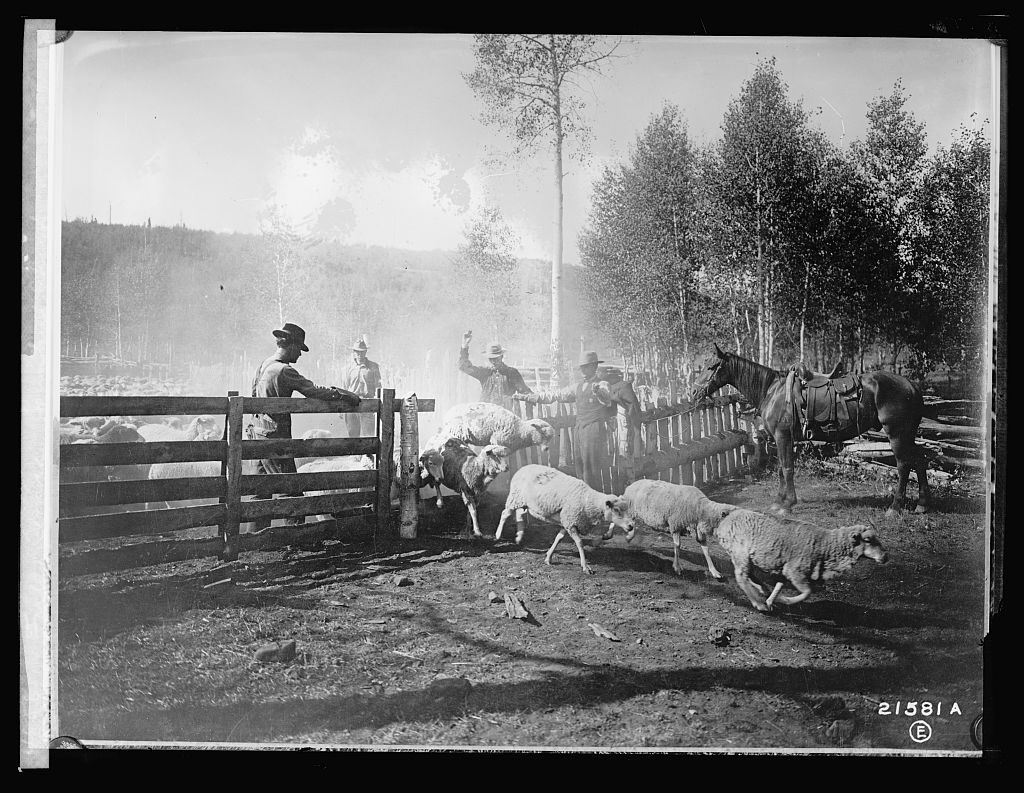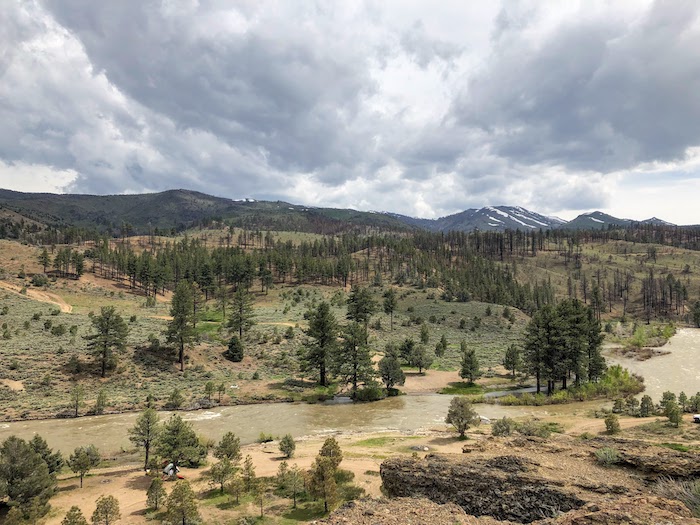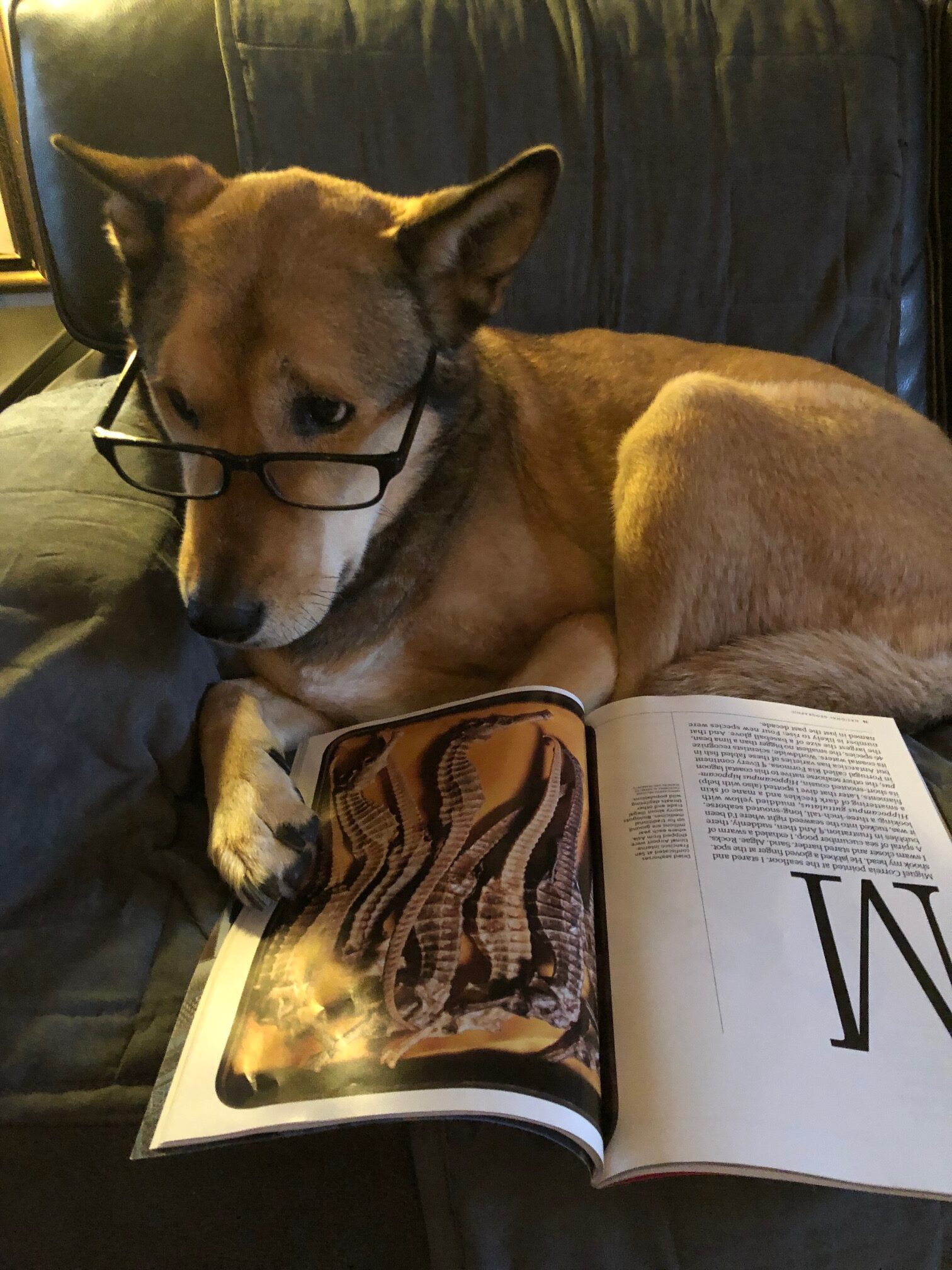
For the last two years I’ve been working on a book about dogs. Dog intelligence, in particular. When I started on it, I kind of wondered what I could possibly say that hasn’t been said. I mean, there are A LOT of dog books out there already, many of them dealing with cognition at least in part. People love dogs and can’t seem to get enough stories about the doing this or that, whether super-smart-seeming things like copying a person’s behavior or coming up with a sneaky ruse to get what they want, to sort of dumb-seeming ones—you know, staring at the wall or licking your shoe bottom or lying down when you tell them to sit. So, for my project I shifted my thinking to the dog’s POV, and I decided the latter behaviors might not be dumb after all. I decided we need to trust the dog’s thinking, his process. I mean, why should doing as we say indicate intelligence? Maybe refusing us is actually smarter. Sitting isn’t that special and they know it. And maybe there’s something on the bottom of my shoe that would cure cancer or at least clear up my skin if only I would give it a chance
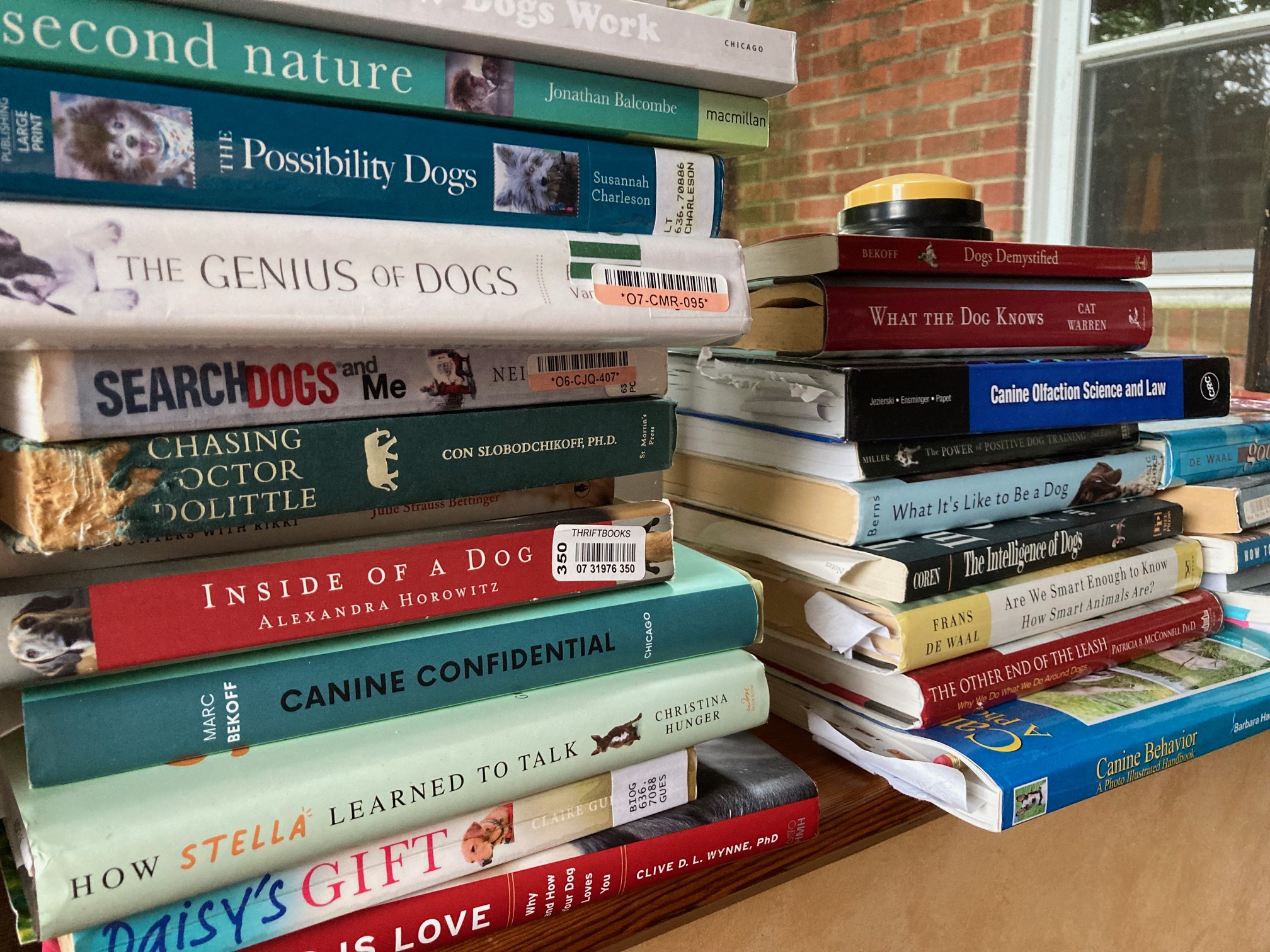
Anyway, my approach was to consider what it means to be smart for a dog. In a dog’s world—a world that overlaps with ours but that offers them a unique experience all their own. I set aside that annoying idea that we humans are superior to all other living beings and I gave dogs a chance to shine in ways that make sense to them. It was a fascinating exercise, and one that has produced, if I may say so, a pretty darn good book. It’s called Dog Smart. Stay tuned for that.
I will be sharing some of the cool things I learned, and some of the ways my own thinking has shifted, in other posts, but suffice it to say, I’m even more into dogs than I was before. And that’s saying a lot. (I love dogs.)
That’s all for now.
———
Photos: By the author. That’s my Jindo Geddy (medium smart by human standards, regardless of the glasses) and just two stacks of many books about dogs that are already out there that you might buy if you didn’t know that mine will be better.
